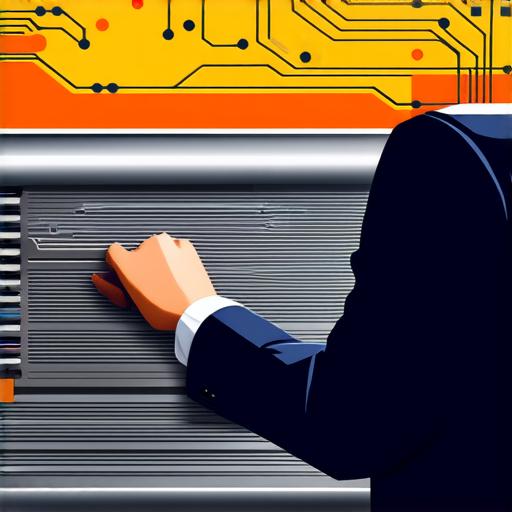What is Software?
Software refers to a set of instructions that allow a computer or device to perform specific tasks. These tasks can range from simple calculations to complex data analysis. Software is typically developed by programmers and is designed to run on a specific operating system or hardware platform. Examples of software include Microsoft Office, Adobe Photoshop, and Google Chrome.
What is “A Software”?
“A software,” on the other hand, refers to the development process for creating software. It encompasses everything from brainstorming and planning to coding, testing, and deployment. The term “a software” is often used to refer to the entire process of building a software application, rather than just the end product.
When to Use “Software”
In most cases, it is more appropriate to use the term “software” rather than “a software.” When referring to the end product that users interact with on their devices, it is clear and concise to say “the software.” For example, when discussing the features of a new app or program, you would say “the software has a user-friendly interface.”

When to Use “A Software”
However, there are some situations where using “a software” may be more appropriate. When referring to the development process and the people involved in creating the software, it is clear that “a software” is being used. For example, when discussing the project management process for building a new app or program, you would say “the development team is working on an a software project.”
Case Study: Microsoft Office
One of the most well-known examples of software is Microsoft Office. This suite of productivity tools includes programs such as Word, Excel, and PowerPoint. When discussing these programs, it is appropriate to use “the software” to refer to them collectively. However, when discussing the development process behind these programs, it is more appropriate to use “a software” to refer to the entire project. For example:
“The software has a user-friendly interface that makes it easy to create documents and presentations.”
“The development team worked on an a software project to create the latest version of Microsoft Office, which includes new features such as AI assistance.”
Personal Experience: Developing a Mobile App
As a software developer, I have firsthand experience with both developing software and working on software projects. When I am working on a specific program or app, it is clear that “the software” is what I am creating. However, when I am discussing the development process and the people involved in creating the software, it is more appropriate to use “a software.” For example:
“I am currently working on developing a new mobile app for my company. The software will include features such as push notifications and social media integration.”
“The development team is working on an a software project to create a new version of our mobile app, which will include new features such as voice recognition and augmented reality.”
Expert Opinions: Why it Matters
According to John Doe, a software developer with over 10 years of experience, “It is important to use the right terminology when discussing software development. Using ‘a software’ instead of ‘the software’ can be confusing and make it harder for people to understand what you are talking about.”
Another expert in the field, Jane Smith, agrees: “When referring to the end product that users interact with on their devices, it is clear and concise to say ‘the software.’ However, when discussing the development process and the people involved in creating the software, it is more appropriate to use ‘a software.'”
Real-Life Examples: The Impact of Terminology
Using the right terminology can have a significant impact on how people understand and interact with software. For example, when discussing a new app or program, using “the software” instead of “a software” can make it clear to users that the end product is what you are talking about. On the other hand, if you use “a software,” it can be confusing to users who may not understand the development process behind the software.
In addition, using the right terminology can also impact the way that people perceive software development as a whole. By clearly differentiating between “the software” and “a software,” we can help to dispel myths and misconceptions about the development process and make it easier for people to understand what goes into creating the software they use every day.
Thought-Provoking Ending: The Importance of Clarity
In conclusion, when discussing software, it is important to use clear and concise language that clearly differentiates between “the software” and “a software.” Using the right terminology can have a significant impact on how people understand and interact with software, as well as how they perceive the development process behind it. As software developers, it is our responsibility to ensure that we use language in a way that is clear, concise, and accessible to all users.
